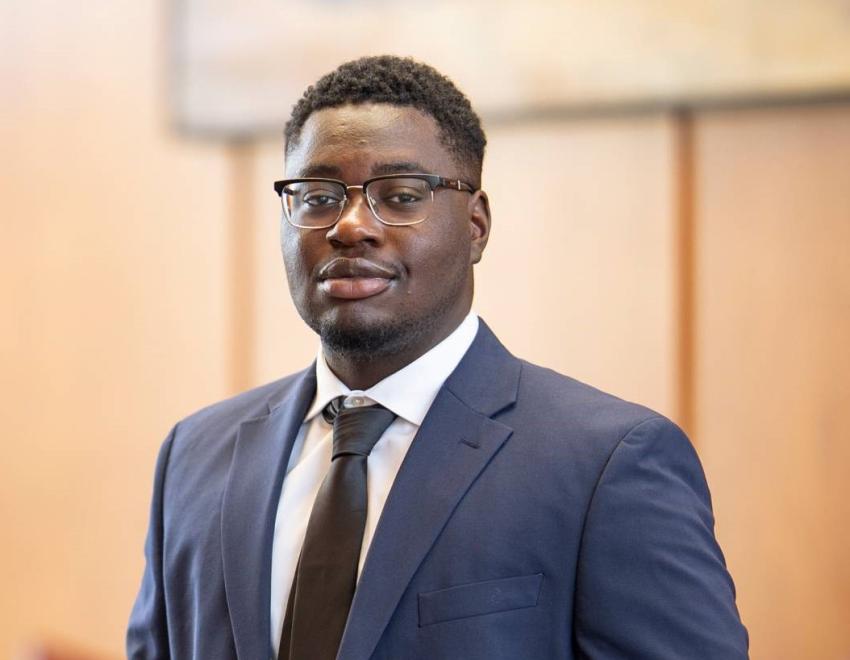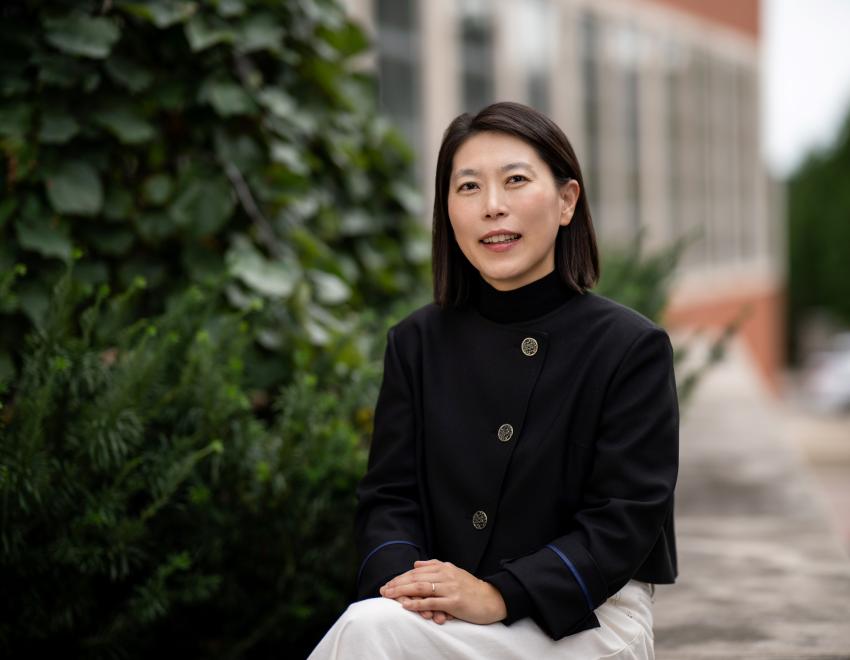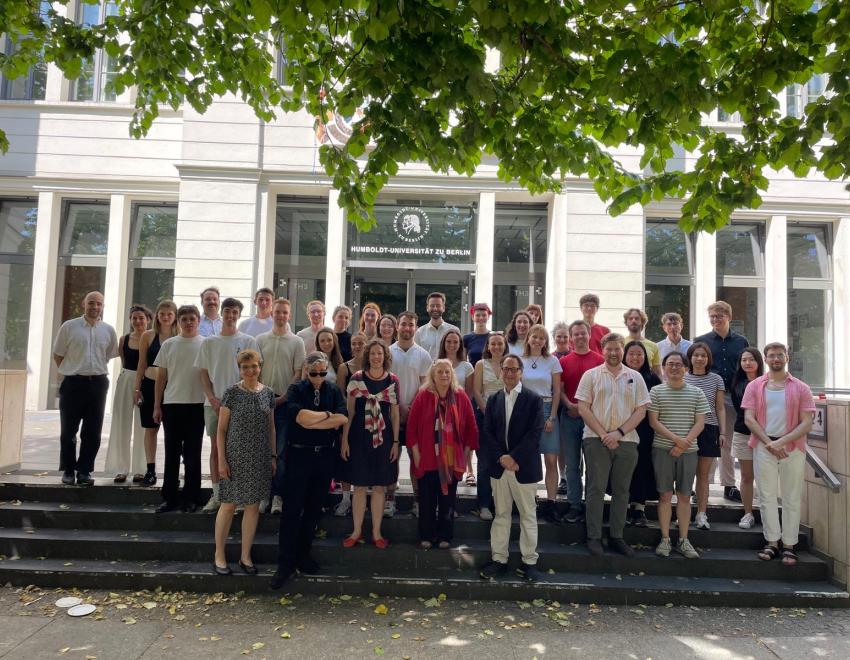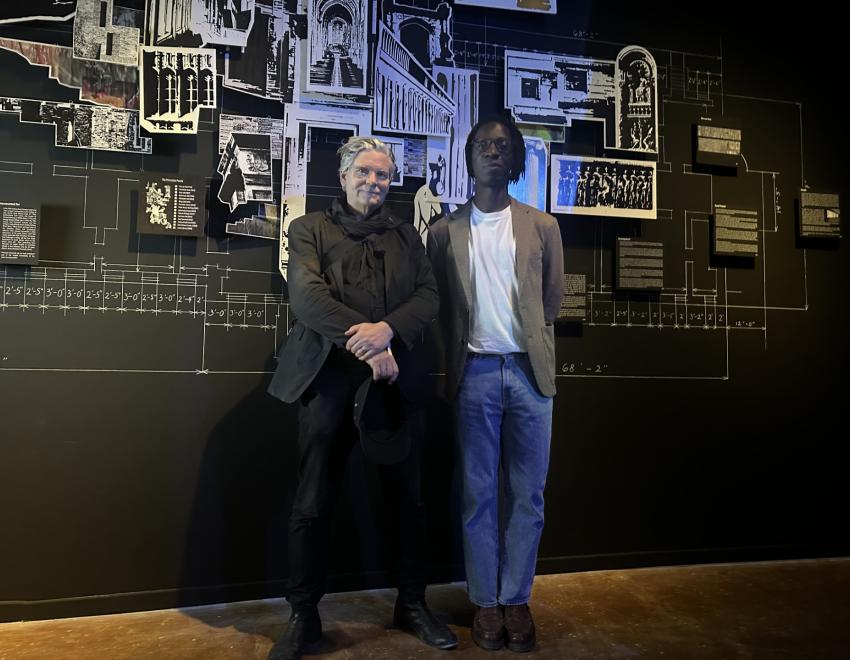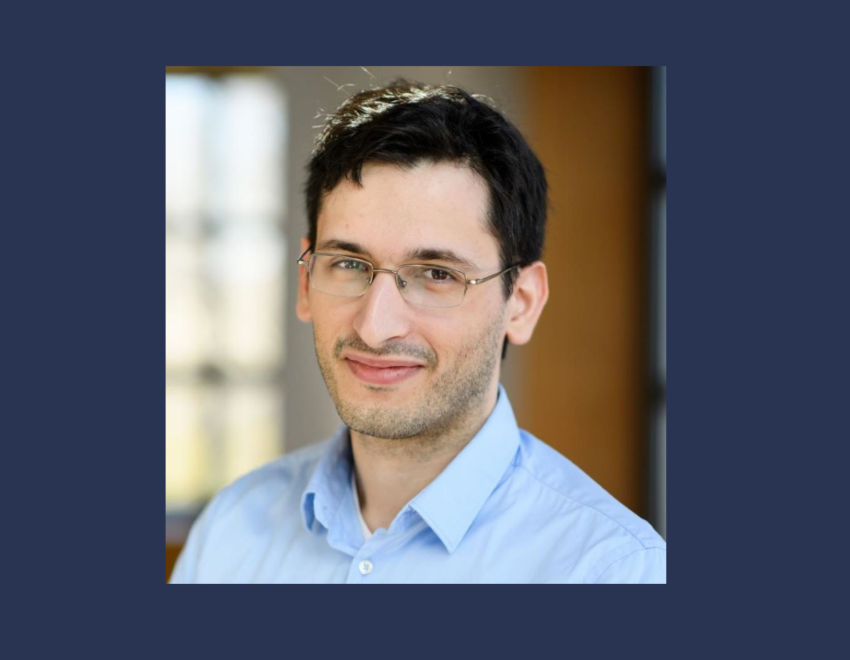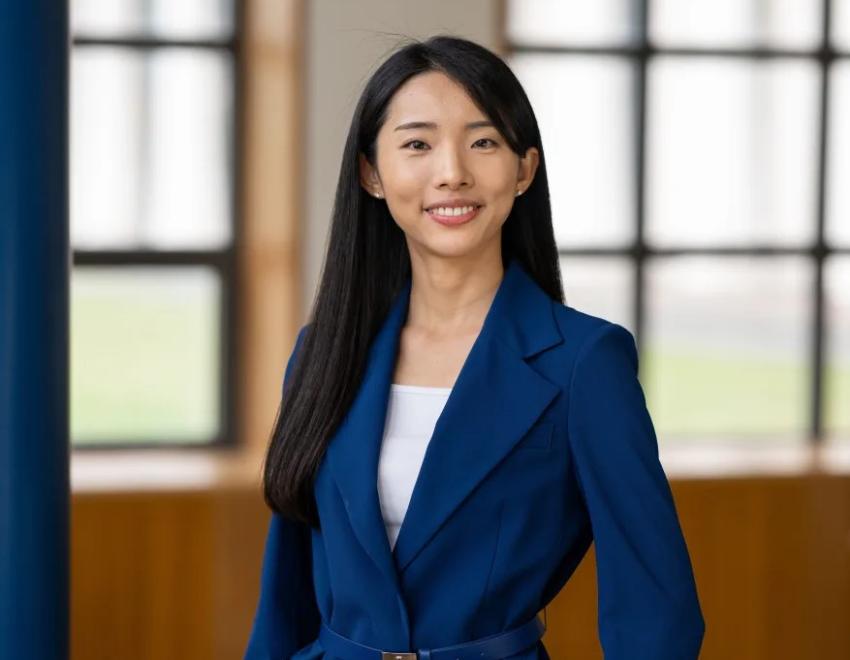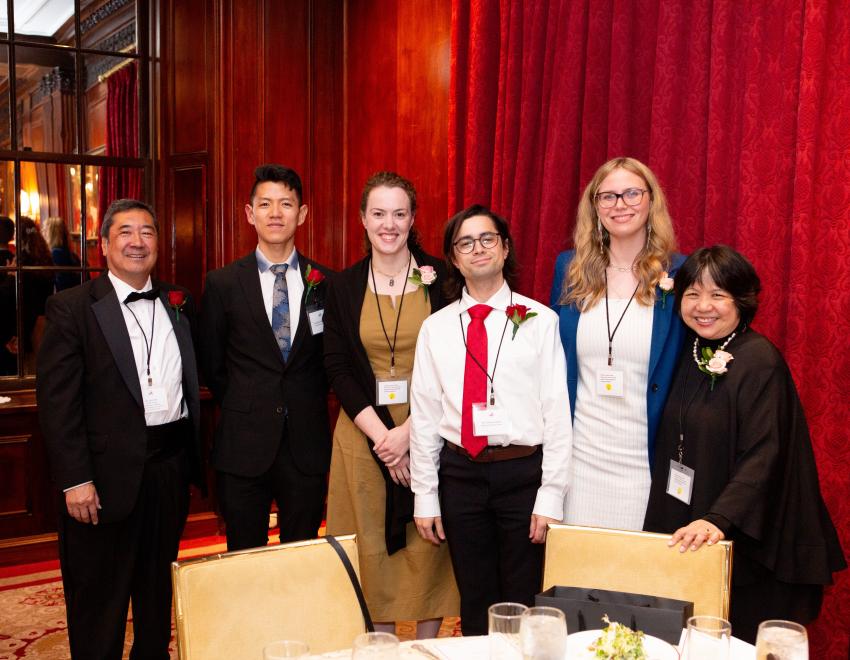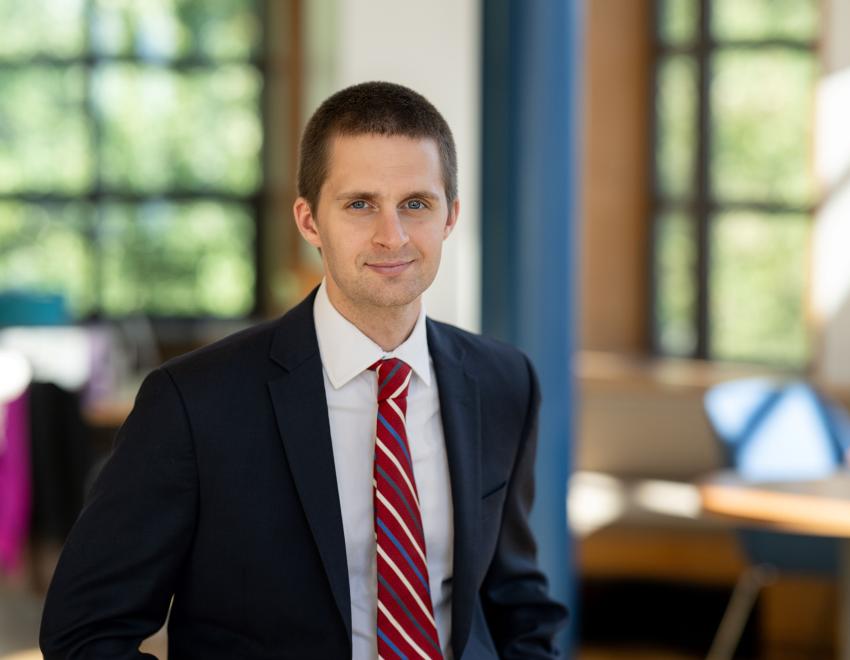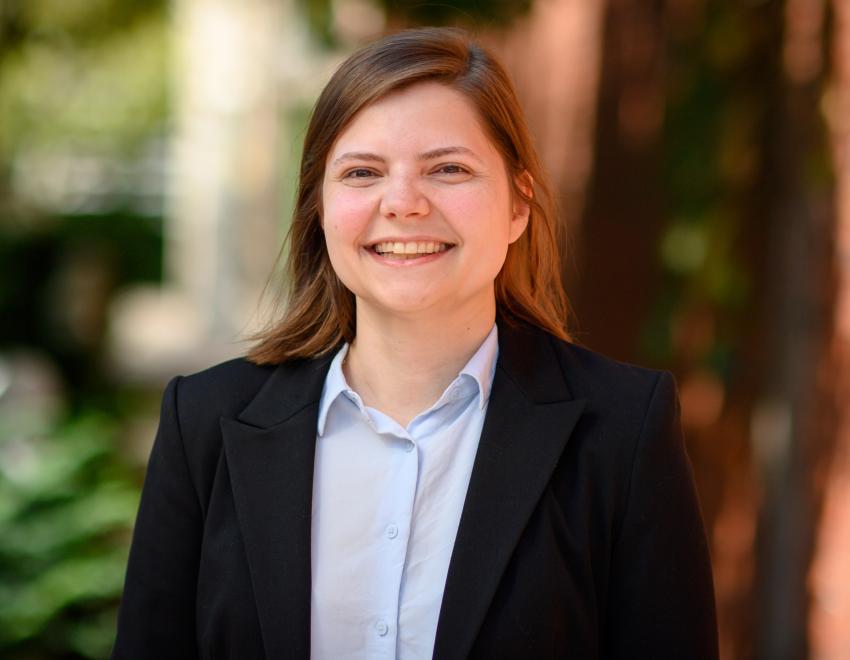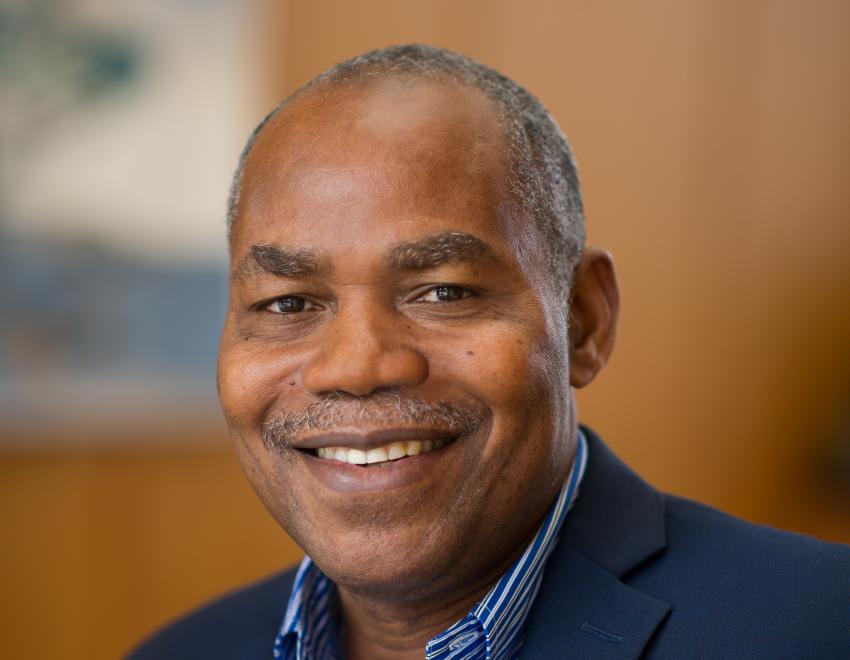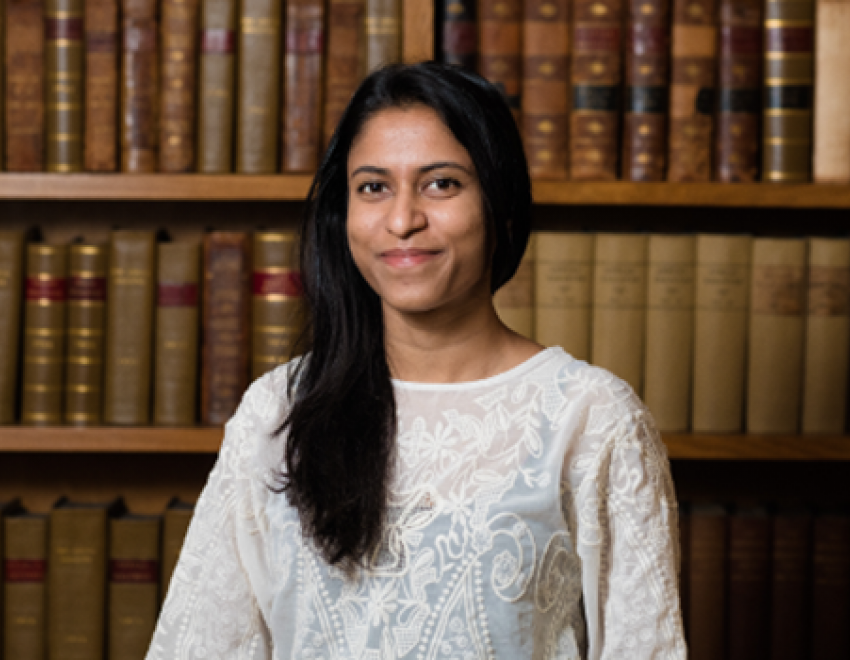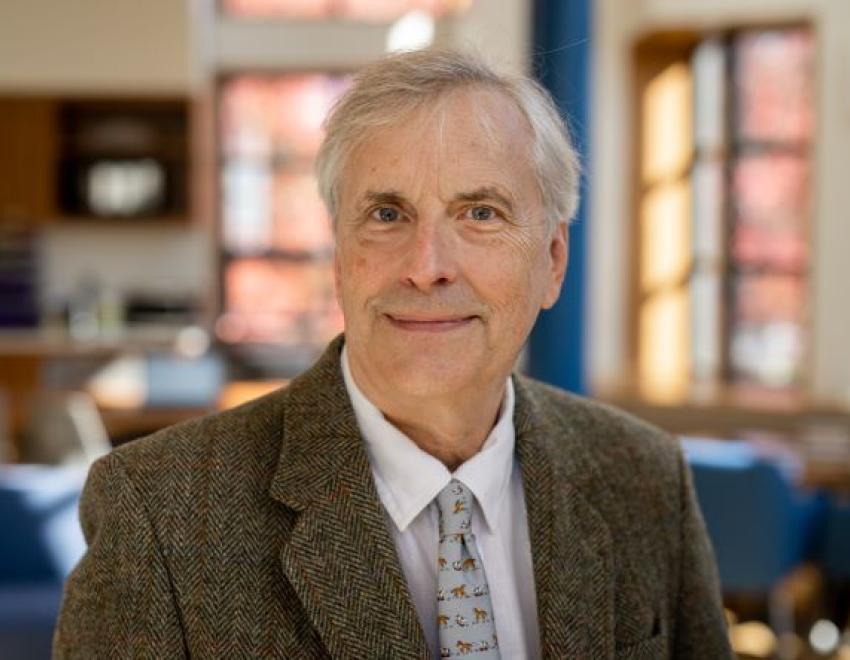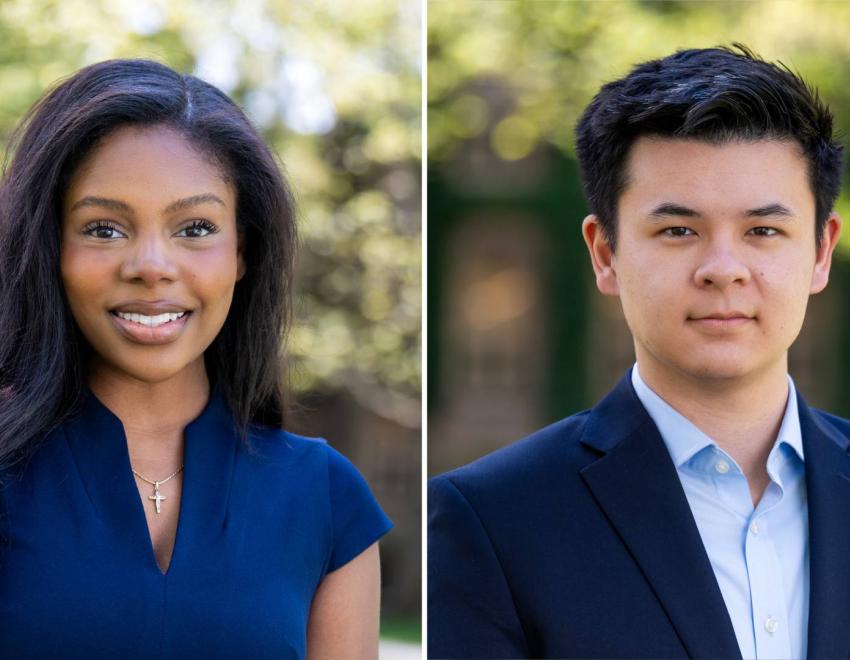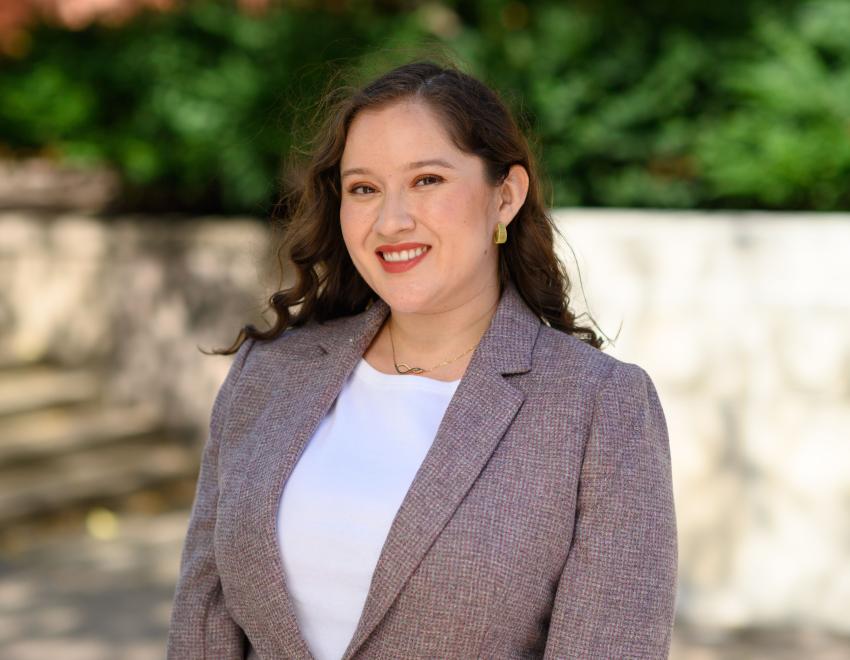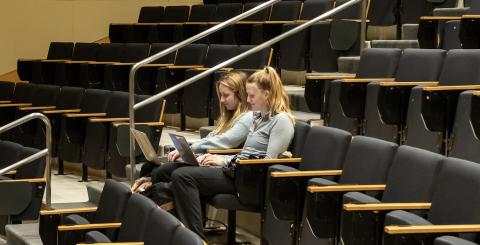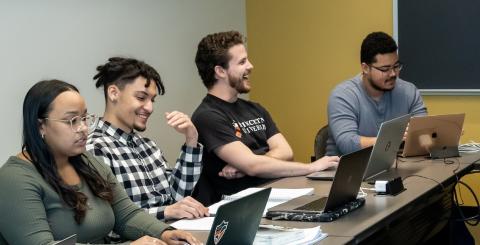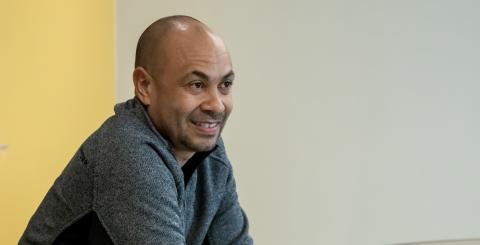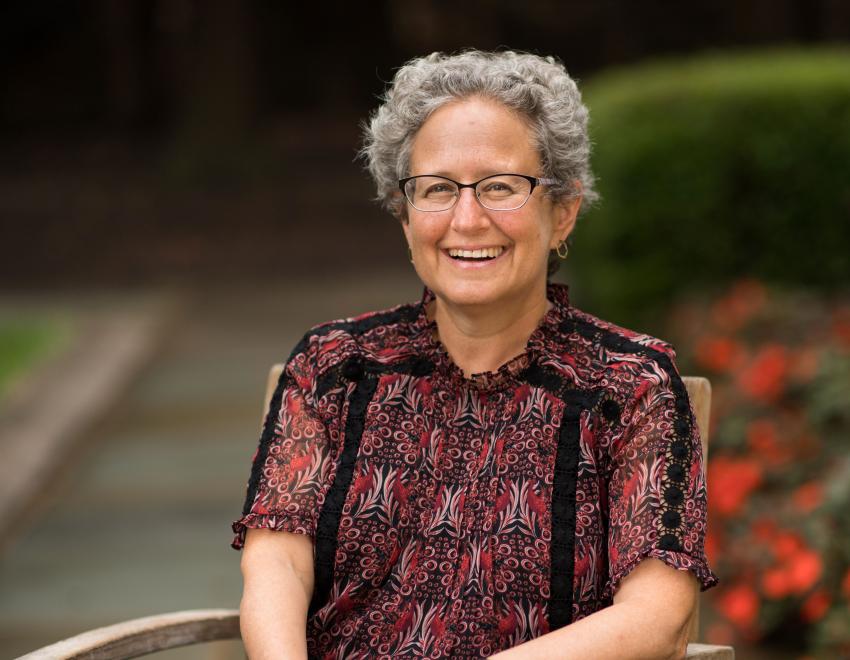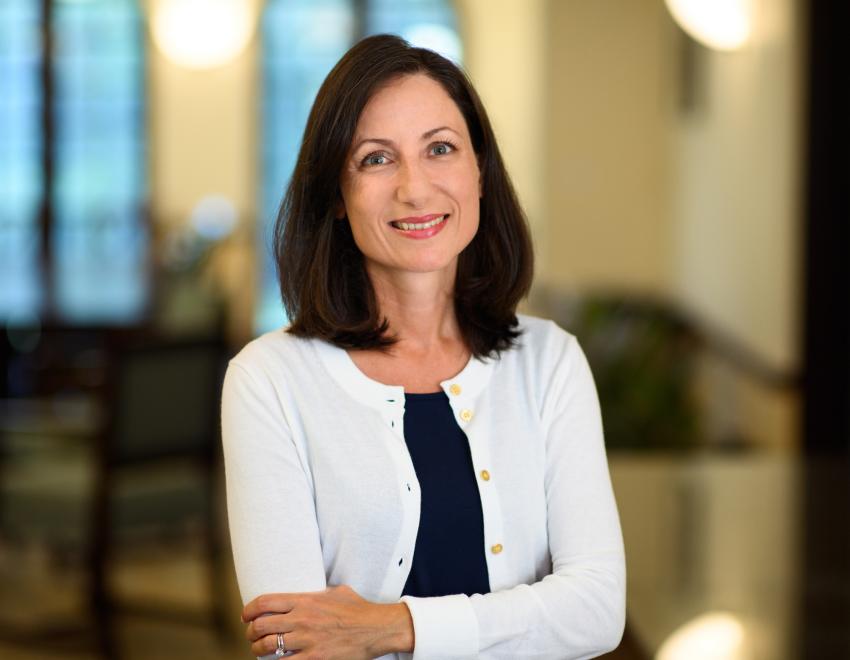
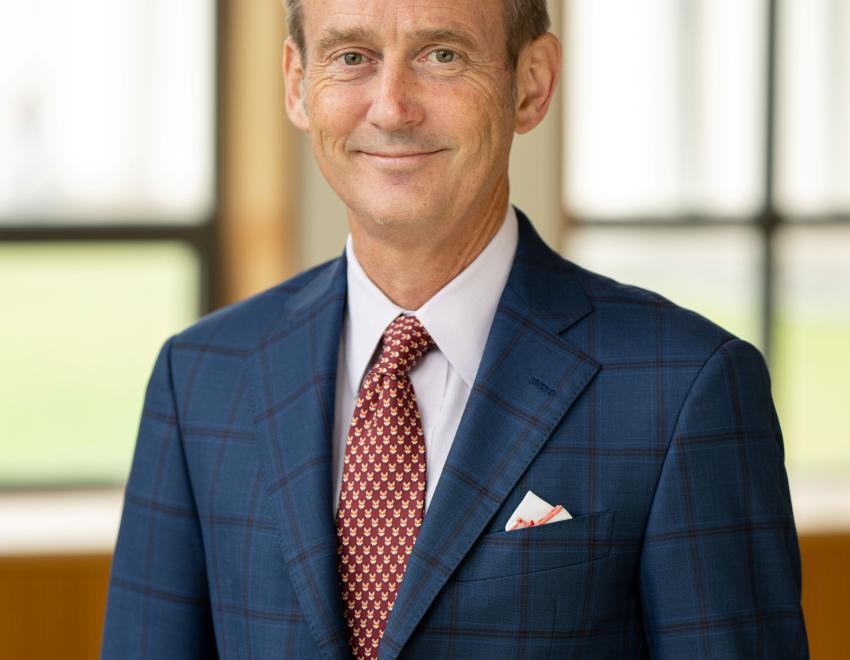
How are you involved with first-gen students at Princeton?
There wasn’t really any way for me to identify first-generation students or for them to identify me. Then the University set up a series of dinners to get first-gen faculty and students together. These are terrific events, and I attend whenever I can. I really enjoy hearing the students’ stories and sharing mine.
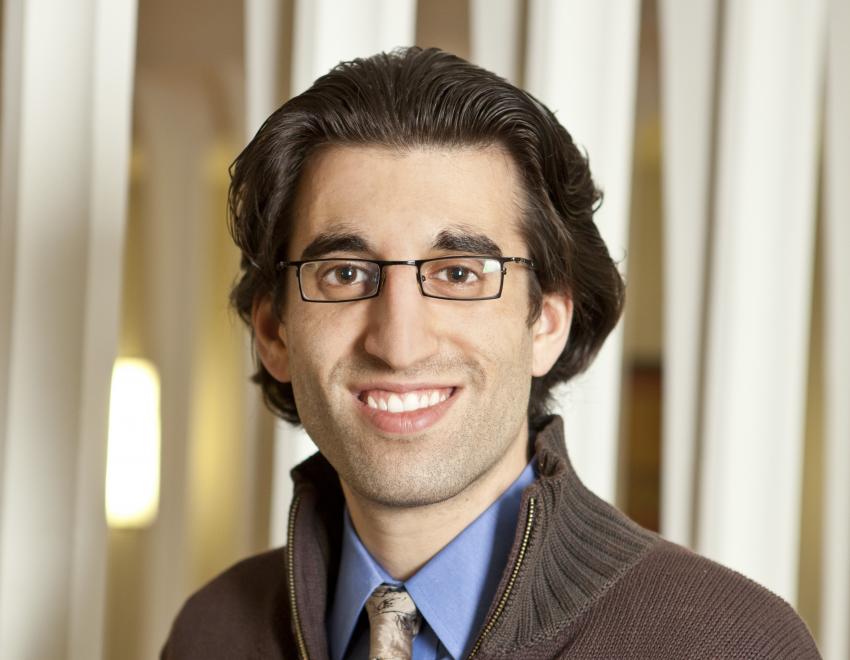
Why did you choose to major in Politics?
I chose Politics because it gave me the flexibility to focus the bulk of my academic coursework into a specific field, which for me was Middle Eastern politics. I was able to take several classes in the history, Near Eastern Studies, and religion departments which helped me hone my knowledge base while still maintaining a Politics core.
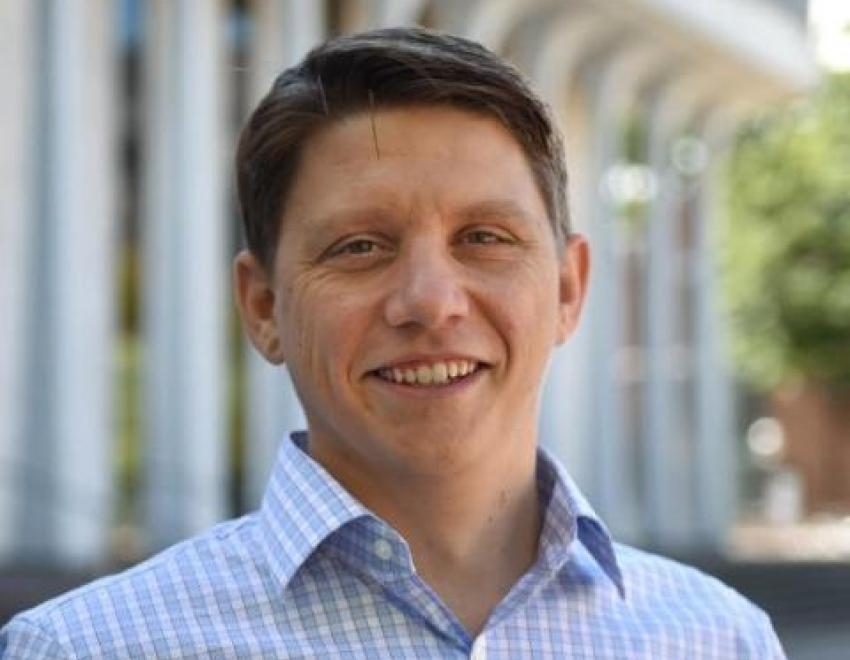
What advice would you offer a current Politics concentrator who will soon be on the job market?
View the next few years as a time of experiential learning. The fact is, there is probably very little correlation between what people do when they are 22, and what they do when they are 52. This should be liberating! Get off the “5-year-plan” mentality, and find something to do that challenges you. Learn about new people and places. Don’t worry about the career quite yet, there is plenty of time for that.
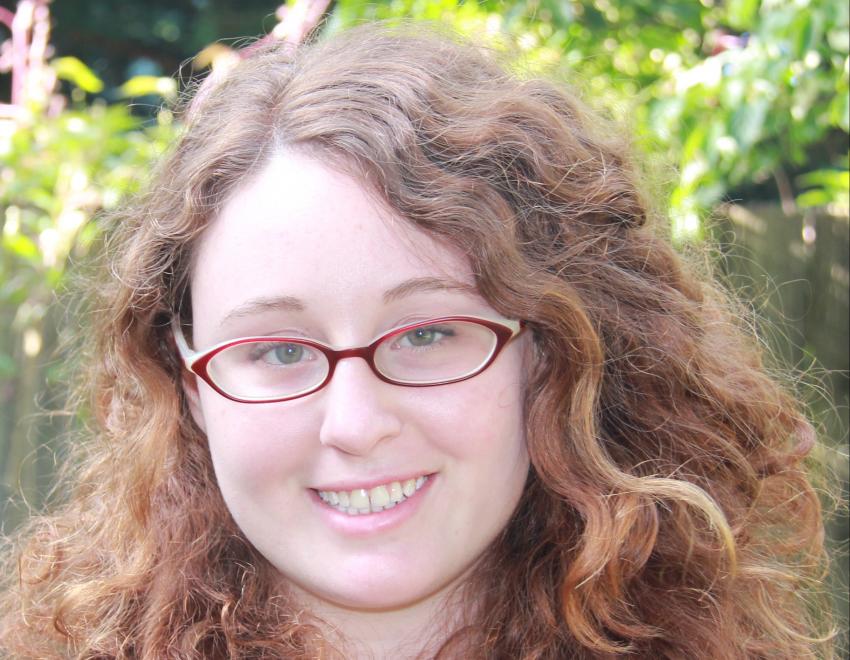
Upon graduating Princeton with an A.B. in Politics, what did you do?
After graduating, I spent a year working for the International Rescue Committee in Kenya as a Princeton in Africa fellow. It was an interesting time to be in Kenya, especially working for an organization that mainly assists refugees - Kenya’s refugee policy was changing, and I learned a lot from observing how NGOs responded.
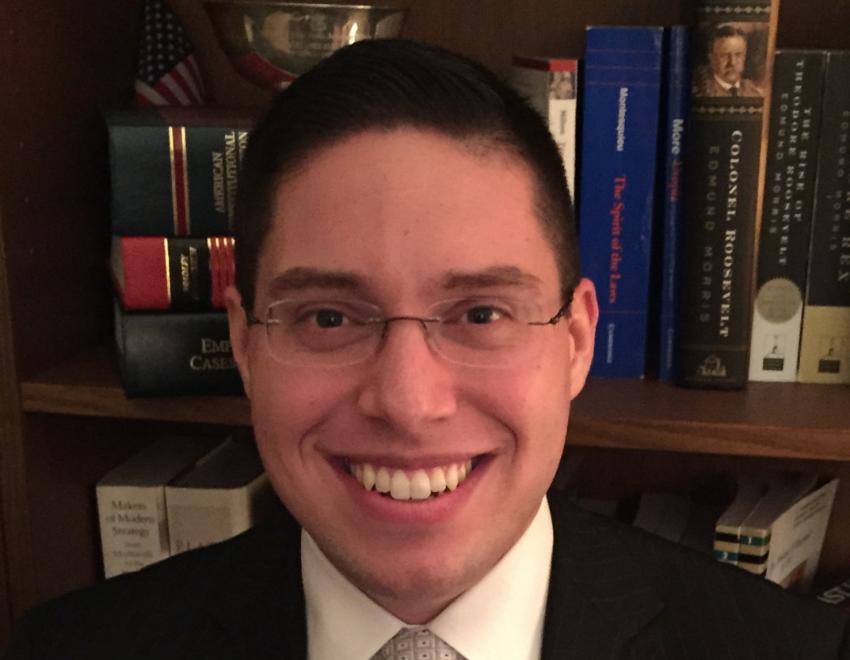
Why did you choose to major in Politics?
I think the most decisive factor was taking Civil Liberties and American Constitutional Interpretation with Robert George during my [first-year] Spring and [second-year] Fall semesters, respectively. I found those courses completely engrossing, and I wanted to continue to think about the problems and issues raised in class. I also wanted to have a chance to continue working with Professor George, who challenged me intellectually in a way I had never experienced before.
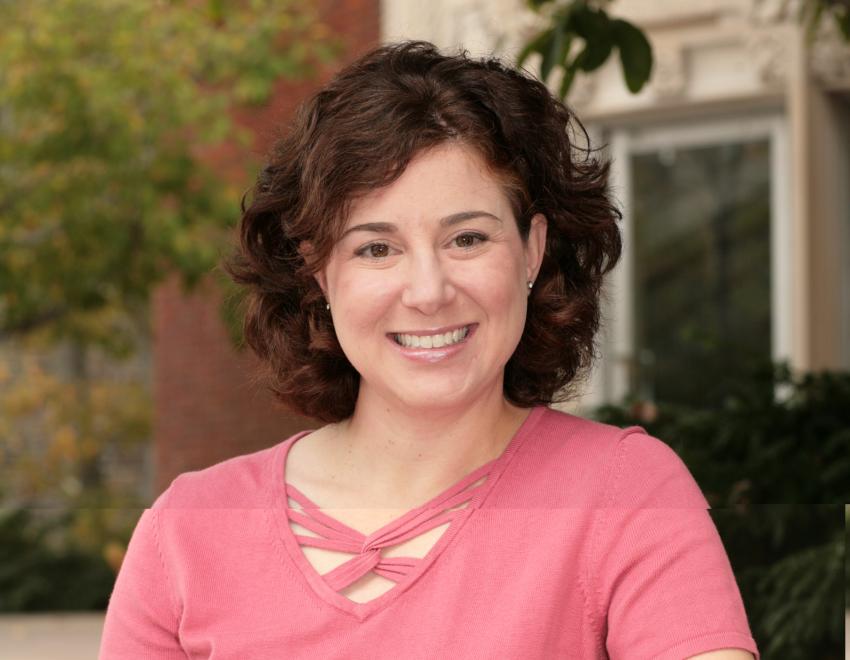
What motivated you to pursue a career in higher education?
Princeton is a very stimulating environment to be in every day, and my favorite part is the interactions I have with students. As an undergraduate at Penn State, I had a great rapport with my academic adviser, Bernie Bronstein, whose assistance I sought frequently. His guidance made my experience that much smoother and ultimately made me one day want to become a ‘Bernie’ for others. This job has allowed me to serve in the same capacity with many students, which is very enriching.
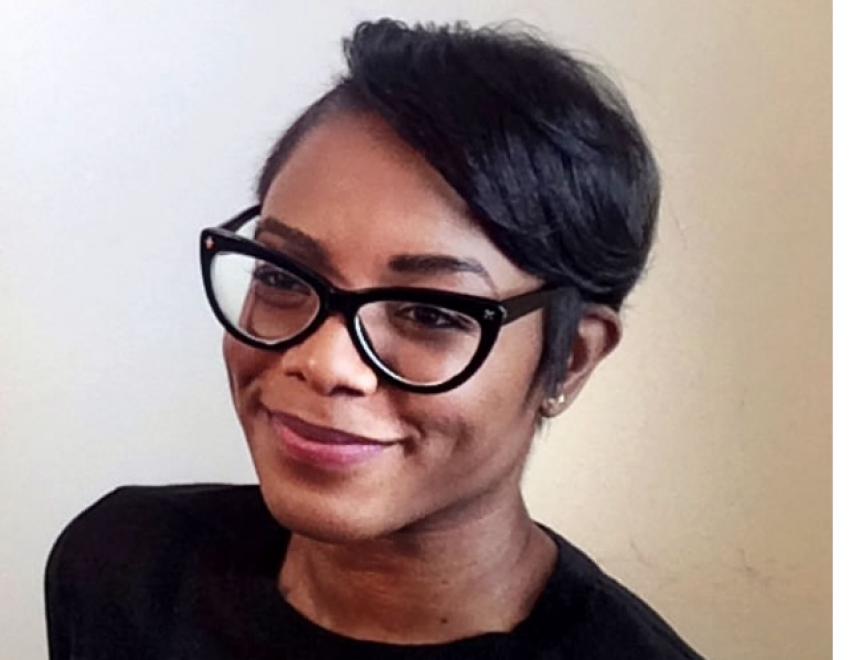
Why did you choose to major in Politics?
As a young scholar, I was fascinated with questions of why. Why do some nations erupt into civil strife? Why are religion and ethnicity salient (and politicized) in some nations? Why are some nations stricken by the maladies of poor governance? The Politics department provided me with the theoretical foundation and analytical tools to best answer these, and many other, questions.
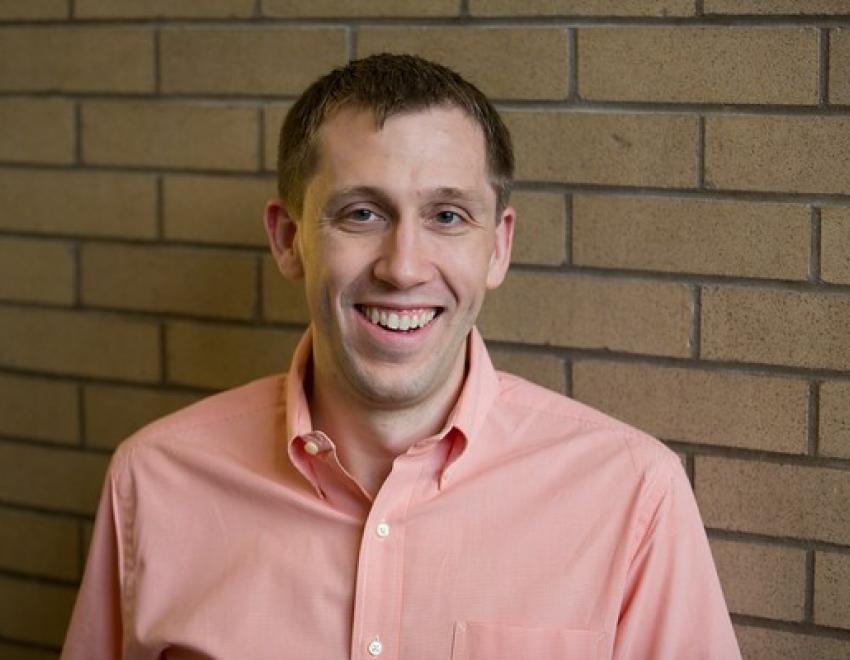
What advice would you offer a prospective student who is considering Politics as their major?
Politics is unique in how well it complements so many other fields. Some easy examples are thinking about area studies and politics and becoming a regional specialist, but there are many more opportunities. Pair computer science with politics – big data is revolutionizing the way political campaigns run in the developed world. Or pair it with finance – the interplay of government and Wall Street is only going to be even stronger.
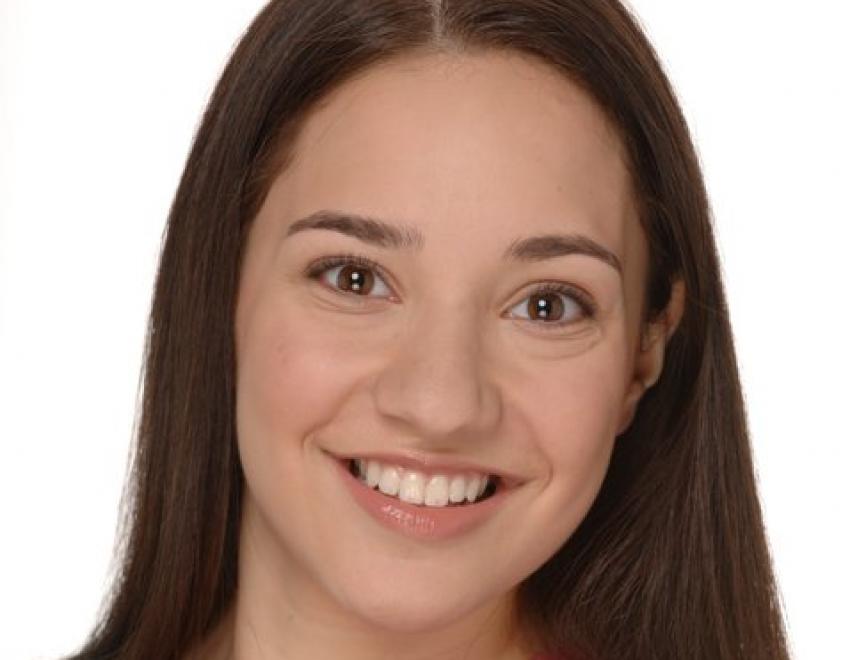
What motivated you to choose a career in the media?
I have the Politics Department to thank for my career thus far in news. If it weren’t for the Mass Media and American Politics course I took during my [first-year] spring, I never would have set out on this journey.
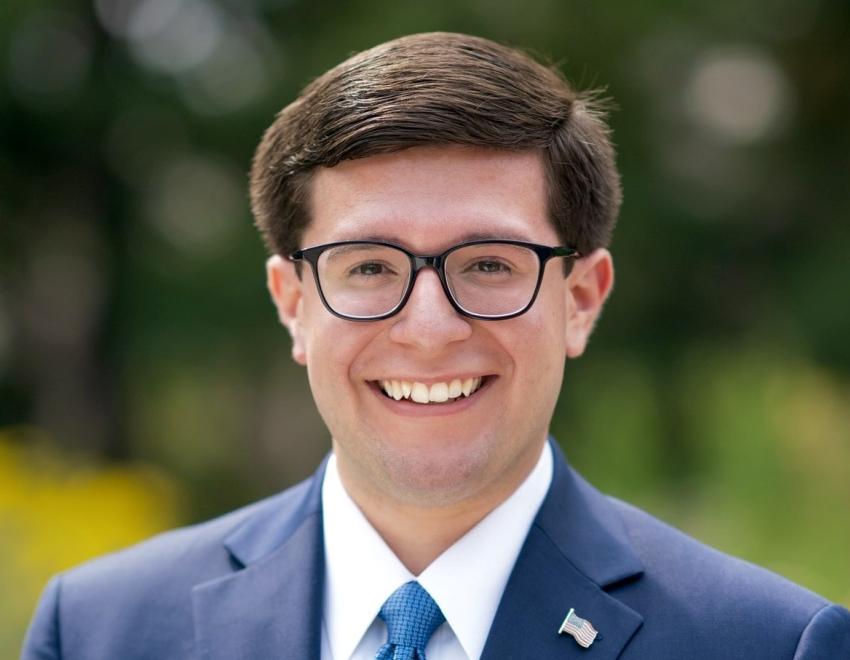
Why did you choose to major in Politics?
I chose to major in Politics because I wanted to understand how institutions shape people’s lives and to apply that knowledge in service to something larger than myself. As a first-generation student who transferred from community college and served as an elected official throughout my time at Princeton, public service has always been important to me. The Politics Department was the home I was looking for — a place to grow as both a scholar and a practitioner, where my academic work and my service could strengthen one another. My professors provided invaluable mentorship that pushed me to think rigorously, ask tough questions, and produce work that mattered. I never thought that I’d be writing a senior thesis about how mayors shape fiscal policy and then become one in the process, but that shows how Princeton opens doors and makes the unexpected possible.



